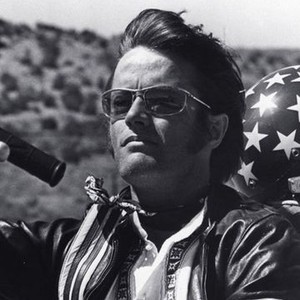

Film school graduates, the first generation brought up with movies as their main cultural reference, flooded the studios (whose own regimes were changing) with production chieftains such as Robert Evans of Paramount and David Picker at United Artists they approved risky-looking projects and allowed relatively untested filmmakers like Francis Ford Coppola to take on heavyweight movies such as The Godfather or Hollywood newcomers like Britain's John Schlesinger to make quirky stories like Midnight Cowboy. (The latter had been offered to both Godard and Truffaut before it wound up with producer/star Warren Beatty and Penn.) What really kicked it into gear was the unexpected success of Easy Rider, a biker-road movie that became that rare film phenomenon: acclaimed at the Cannes Film Festival and a huge commercial success. Influenced by such European directors as Jean-Luc Godard, François Truffaut, and Federico Fellini, the movement kicked off in the mid-'60s with two films directed by Arthur Penn: Mickey One and Bonnie and Clyde. Based upon Peter Biskind's book of the same name, this BBC-produced documentary traces the rise of a generation of Hollywood filmmakers who briefly changed the face of movies with a more personal approach that pushed the boundaries of what was acceptable onscreen.


 0 kommentar(er)
0 kommentar(er)
